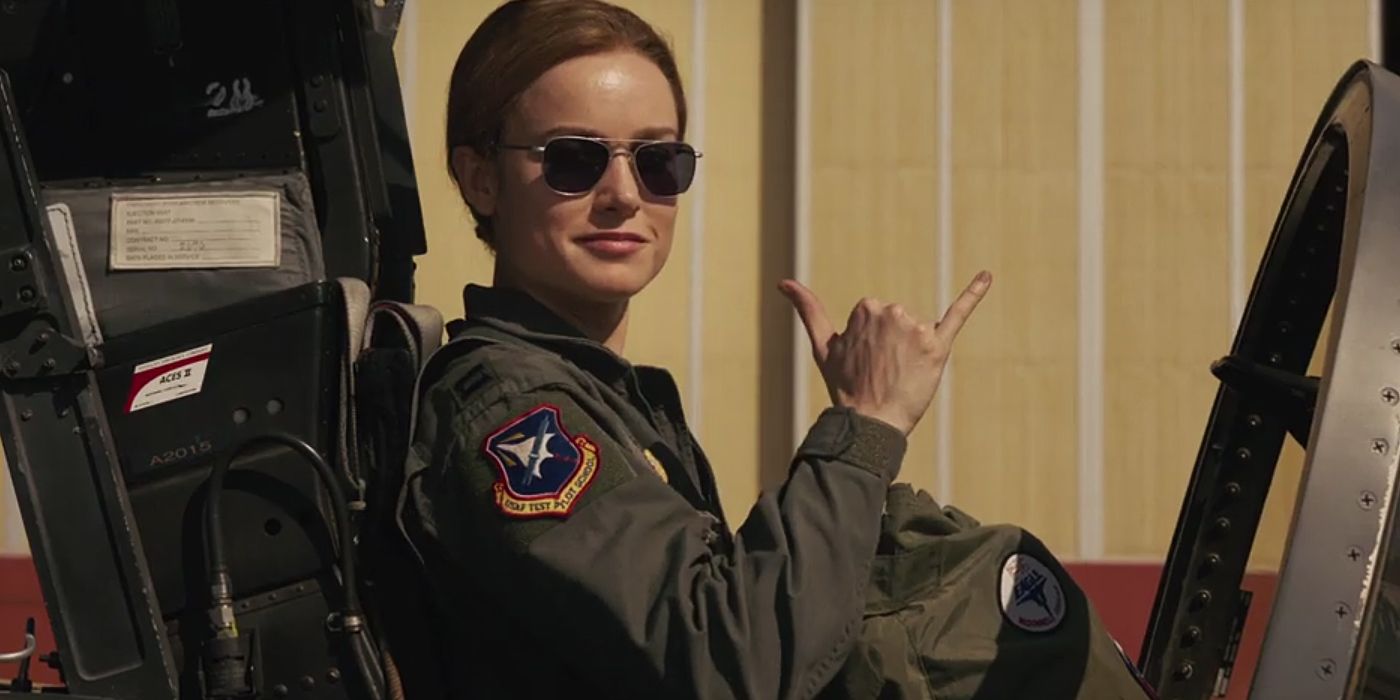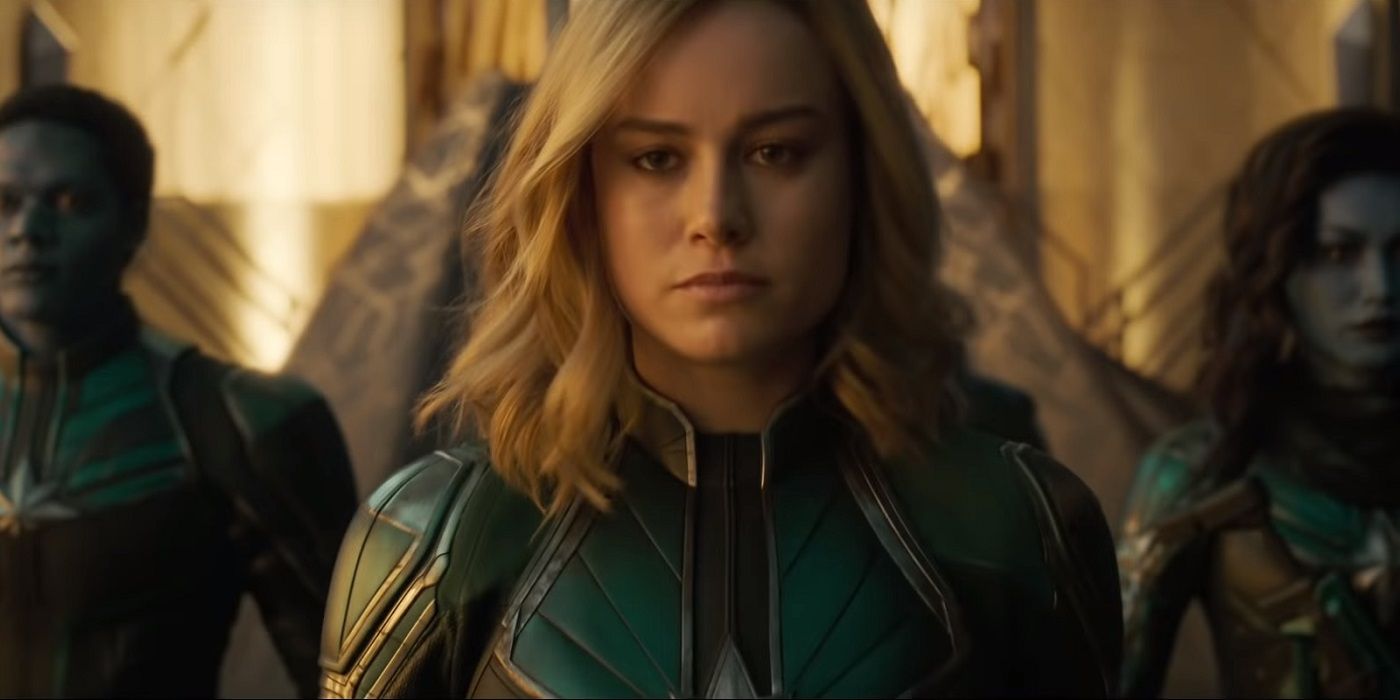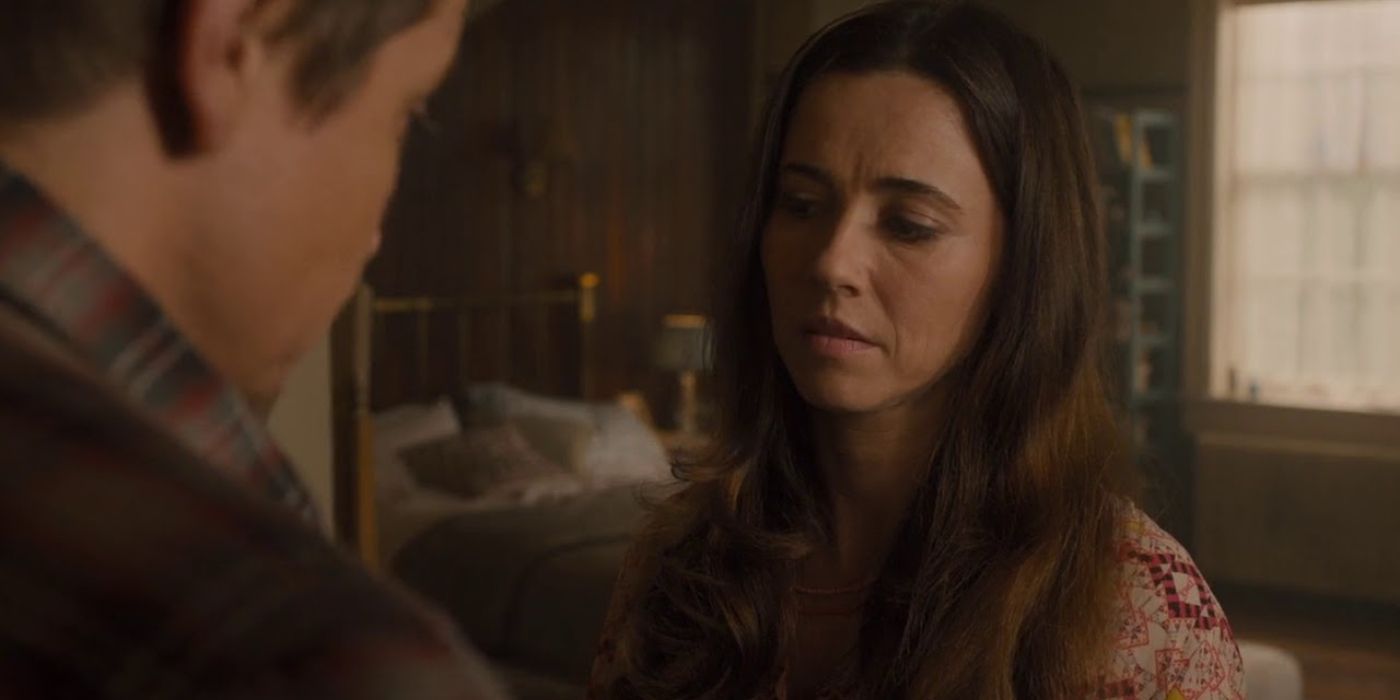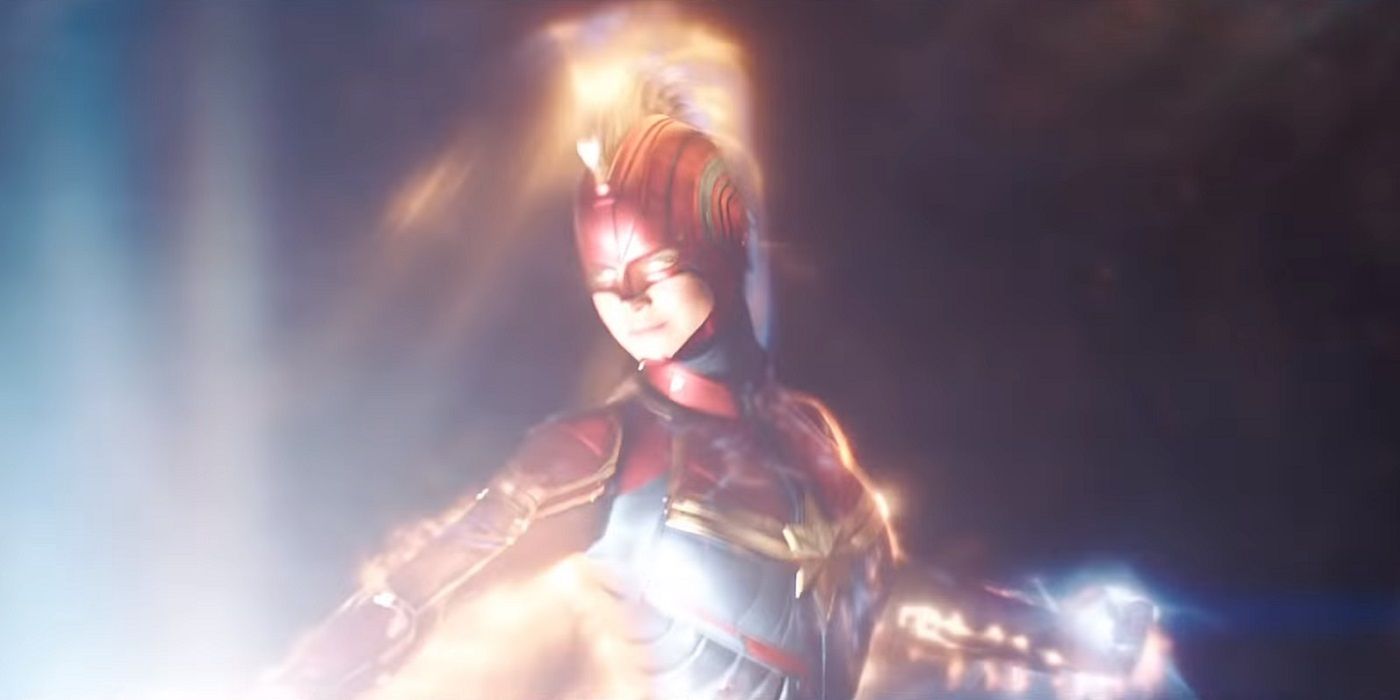WARNING: The following article contains major spoilers for Captain Marvel, in theaters now.
After the waves of misguided controversy and Internet chaos that soaked the marketing of Captain Marvel, the actual reviews are in and they show that critics were largely satisfied by the film. But while it expands on the Kree civilization and provides insight into the backstories of familiar characters like Nick Fury, Captain Marvel doesn't seem to offer anything unique to the MCU, other than Captain Marvel herself. Even then, the superhero is mainly presented as just another colorful figure who flies around throwing bright beams of CGI at alien adversaries.
It's what's beneath all of that that's worth getting excited about. While the actual superhero aspect of the film is fun, the real unique thing about Captain Marvel is Carol Danvers.
RELATED: Captain Marvel: Early Reviews Are Mixed, But Promising
The film is at its best when it turns away from a story about an intergalactic warrior caught in a war with shapeshifters and diving into the story of Carol Danvers, a woman trying to recover her past and her identity. These moments are littered throughout the film and often occur in conversations between Danvers and Fury or her long lost friend, Maria Rambeau.
One of the best examples isn't the hilarious talk she and Fury have in the car on the way to the Air Force base, or even their first real conversation in the bar. It's the scene near the very end when Carol gives Fury the upgraded pager.
They're just talking, singing and washing dishes at Maria's house like regular people. There's no forced sense of drama in the moment she gives Fury the pager as one would expect, no climactic music in the background, no lingering shot of the pager. She just gives it to him and they continue talking. The film doesn't try to remind anyone that this is a superhero film, almost as though it, too, is lost in this human moment.
One of the main reasons the film is able to explore Danvers as a human is because part of the story is focused on her rediscovering her connection with Earth, or C53, as the Kree call it. She experiences a conflict in identity and becomes uncertain of her allegiances. None of those are new themes, certainly not to the superhero genre, but it's elegantly brought to the forefront thanks to the plot, as well as the direction of Anna Boden and Ryan Fleck.
Captain Marvel has plenty of lighthearted moments, but doesn't shy away from exploring its themes without heavy use of spectacle or melodrama. The directors' comedy-drama experience is apparent in the conversation Carol has with Maria about losing her past, reconnecting with it, and how she wasn't sure about any of it. None of it felt out of place, even in the middle of a contemporary superhero film.
RELATED: Captain Marvel: The Many Costumed Identities of Carol Danvers
It's worth mentioning that none of this is new to the Marvel Cinematic Universe. Many of the films set within it have attempted to ground its central characters so moviegoers can connect with them in some way, but those attempts don't always succeed, at least not as well as Captain Marvel.
The closest the MCU has come to providing a similar grounded moment was in Joss Whedon's Avengers: Age of Ultron, when the Avengers fled the public eye and hid themselves away on Clint Barton's ranch with his secret family. It showed audiences that beneath the armor, cloaks and uniforms, each hero was still very much human.
It was a decent attempt, but since Age of Ultron had to deal with a large ensemble cast and continue its outrageous plot, there was very little room left in the film for memorable exploration of any of its characters, save for Bruce Banner and Natasha, which was ultimately poorly executed anyway.
Captain Marvel doesn't have that problem. There is a considerably smaller cast, and none of those characters threaten to steal focus from the main protagonist. In fact, they all aid her in one way or another, allowing powerful moments to occur organically, such as her watershed moment with Talos when she warned him that he didn't know her because, as she had come to realize, she didn't even know herself. In this way, Captain Marvel is able to transform from a standard superhero film into a decent character study.
RELATED: How Powerful Is Captain Marvel, Anyway?
Captain Marvel may not be the most impressive MCU film, but it has its fair share of powerful moments, the kind of moments we should hope to see more of in Phase 4. Many of the films that have been announced will center on characters who need those human moments, like Spider-Man and Black Widow. Both of them should be more relatable than a super-soldier frozen in a block of ice for seventy years, or an eccentric genius billionaire.
We need human moments in our superhero films. Captain Marvel proves that even in the wild worlds of the MCU, they can be more powerful than even the strongest superhero.
Directed by Anna Boden and Ryan Fleck from a script they wrote with Liz Flahive, Carly Mensch, Meg LeFauve, Nicole Perlman and Geneva Robertson-Dworet, Captain Marvel stars Brie Larson as Carol Danvers, Samuel L. Jackson as Nick Fury, Jude Law as Mar-Vell, Clark Gregg as Phil Coulson, Lee Pace as Ronan the Accuser, Djimon Hounsou as Korath the Pursuer, Gemma Chan as Minn-Erva, Ben Mendelsohn as Talos and Lashana Lynch as Maria Rambeau. In theaters now.




